Morten Hansen



- Viedoklis
- 27.10.2023.
The Saeima proposal to cut mortgage interest rates by 50% is truly bad economics
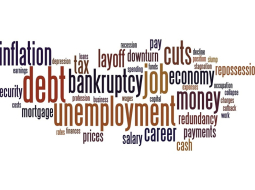
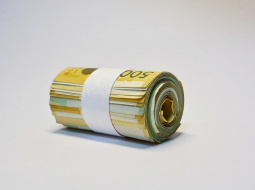
- Viedoklis
- 02.12.2022.
Is inflation finally slowing down?
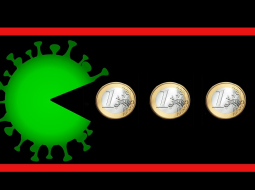
- Viedoklis
- 05.02.2025.
Looking for economic growth in the wrong place?
Over the years, there have been plenty of initiatives for Latvia’s future growth. One current example is the National Development Plan of Latvia for 2021 – 2027, another this one from the Economics Ministry.

- Viedoklis
- 22.10.2024.
Past and future growth of the Latvian economy
The Latvian economy is currently best described at being at a standstill, which should be clear from Figure 1. Actually, not a very bad outcome given recession in some trading partner countries (e.g. Estonia, see again Figure 1) as well as geopolitically dark skies. It could be worse…

- Viedoklis
- 05.06.2024.
When more inflation measures are needed to tell the full story
When we speak about inflation, we usually present a number that describes how much prices of a representative basket of goods have changed over the past year. In April 2024, the most recent data point available at the time of writing, inflation was 1.1%, i.e. prices of this representative basket of goods were 1.1% higher than in April 2023. This is way down from inflation’s peak, which was in September 2022 where prices were 22.2% higher than in September 2021, see Figure 1 where I start in January 2020 – when inflation was low and steady; before the pandemic started and obviously before Russia’s invasion of Ukraine.

- Viedoklis
- 27.10.2023.
The Saeima proposal to cut mortgage interest rates by 50% is truly bad economics
The proposal is known by most, I assume, otherwise here is a description.

- Viedoklis
- 17.07.2023.
How to increase tax revenue by 3 billion EUR without raising tax rates
OK, something of a teaser since, obviously, there is no easy way to do this. But if Latvia was more like Lithuania, this might have been possible.

- Viedoklis
- 02.12.2022.
Is inflation finally slowing down?
Yes.

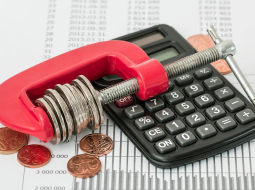
- Viedoklis
- 19.08.2022.
The elusive goal of catching-up


- Viedoklis
- 17.06.2022.
A few comments on inflation


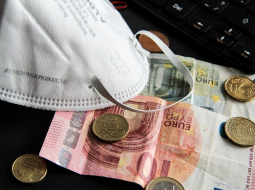
- Viedoklis
- 08.09.2022.
We should welcome a minor recession in the economy
That may at first sound a bit strange but if inflation is to come down then a recession would certainly help – lower economic activity implies lower demand for energy which implies lower energy prices, which will lower inflation.

- Viedoklis
- 19.08.2022.
The elusive goal of catching-up
As we all know, Latvia is not among the richest of the EU countries, see Figure 1. Nothing new there. Over the years I have seen many calls for faster catching up, not least with the Nordic countries, which are affluent countries with mostly good infrastructure and institutional development. The most recent example I have seen is from Progresīvie but they are certainly not alone.

- Viedoklis
- 13.07.2022.
From 19 to 20: Croatia to join the Eurozone on 1 January 2023
Since expansion of the Eurozone hasn’t happened since Lithuania joined 7 ½ years ago, I found it timely with just a few words on the latest newcomer, Croatia, incidentally also the last country to join the EU back in 2013.

- Viedoklis
- 17.06.2022.
A few comments on inflation
The Latvian inflation rate hit 16.9% in May 2022. In the past 25 years only three months – April, May and June 2008 – witnessed a higher inflation rate, see Figure 1.

- Viedoklis
- 05.03.2022.
The EU is good for your economy. Putin is not
A quick overview of the Russian, Ukrainian and other Eastern European economies with some graphs and a few conclusions.
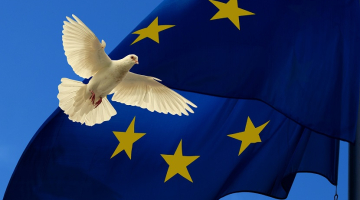
- Viedoklis
- 24.01.2022.
Coronanomics: A super-sharp but super-short recession
We are almost two years into the corona crisis. In many ways it seems like an eternity since it started but with some of our economic data we still have very little to describe what has happened economically. In March 2020 the first lockdown happened with immediate effects on the economies so we can take the 4th quarter of 2019 to be the last “normal” (non-corona) quarter. That means we have just seven observations of GDP development (Q1 2020 through Q3 2021; Q4 is still not available) to evaluate what has happened.

